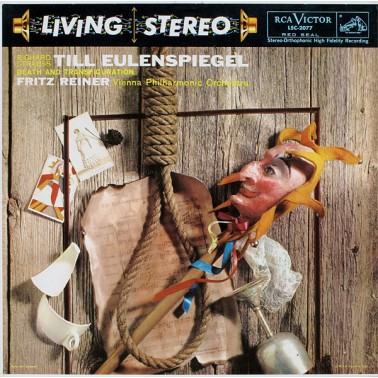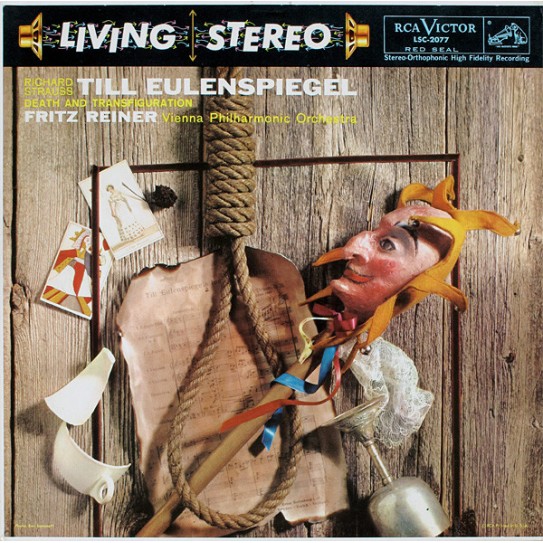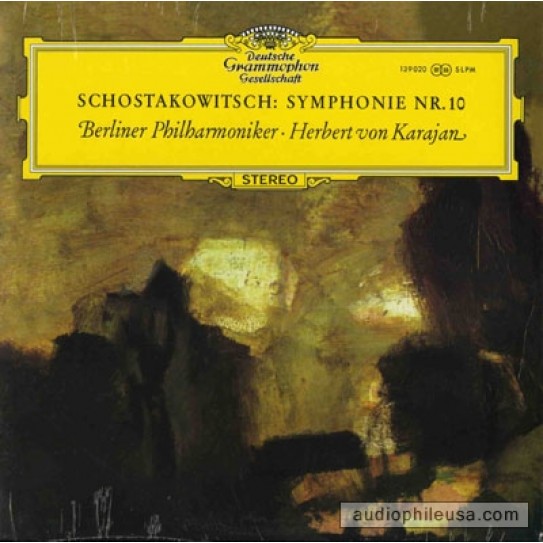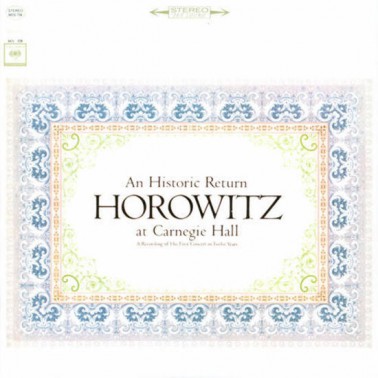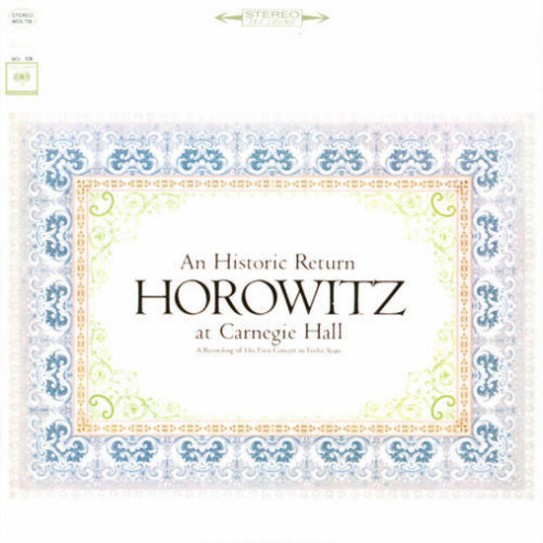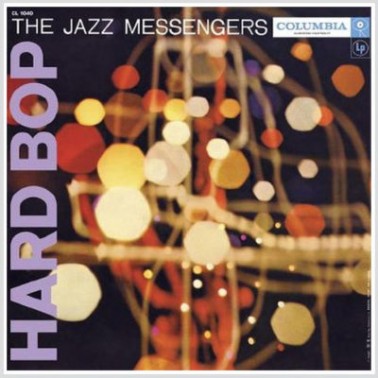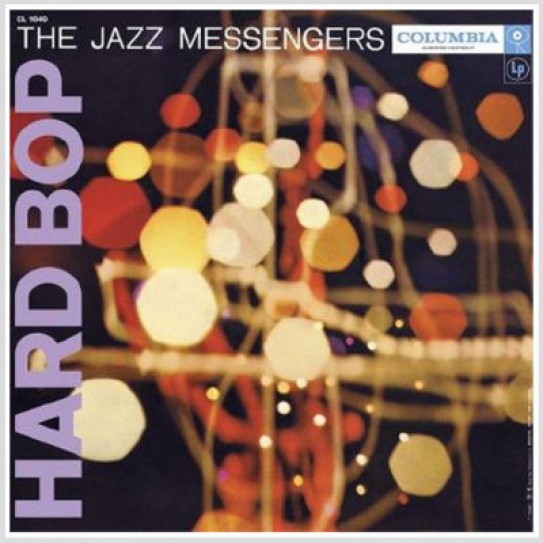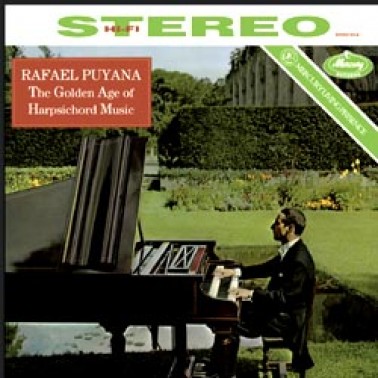Analogphonic / Deutsche Grammophon - LP43016 - 180 Gram Virgin Vinyl
1st Time on Vinyl - Limited Edition - DG 435 102-1
Mastered by Kevin Gray - Pressed at Pallas Germany
This, then, is the last Bernstein Eighth—a one-off caught live at the 1975 Salzburg Festival... it(the live recording) isn't ideal, but suffice it to say,
Bernstein in this repertory is not easily suppressed and, somehow or other, the fervour of the occasion shines through its shortcomings.
The Adagio from the Tenth, here once more is an object lesson in Mahlerian sostenuto with Bernstein breathing through and beyond the great arching phrases, aided and abetted by the unique burnished colour of those famed Vienna strings and horns. ...There is still a very special tension in the air. There always was. - The Gramophone Magazine
In the immense Symphony No. 8 and the Adagio from Symphony No. 10 , Leonard Bernstein undertakes to create a universe which he feels particularly close. T
he Vienna Philharmonic Orchestra responds flexibly in this huge symphonic fresco that is the Eighth Symphony . No brutality but rather an almost religious breath that sometimes forgets certain details.
These are great impulses sometimes depressive and sometimes of enthusiasm which animate this great mass with a formidable dramatic efficiency. Such a conception is at the very opposite of an intellectualized reading.
Nor does it claim any modernity. The interpretation of Bernstein simply play with the sound material, led by a vocal dream tray: Margaret Price, Agnes Baltsa, Hermann Prey, José van Dam ...
In contrast, the Adagio of the Tenth Symphony is run as s' It was an incomplete requiem, heralding the catastrophes to come. A deep emotion passes between the conductor and the orchestra.
The latter returns to his illustrious past. --Pierre Graveleau
Originally released in 1991
Bernstein in this repertory is not easily suppressed and the fervour of the occasion shines through
Bernstein was just this one symphony away from his second historic Mahler cycle when he died. Dates had been set and singers booked for a series of New York performances late last year—it was only fitting, after all, that his recorded Mahler should end where it began. But it was not to be. This, then, is the last Bernstein Eighth—a one-off caught live at the 1975 Salzburg Festival but without, of course, the added refinements of a recording intended for commercial release. It isn't ideal, far from it—there are strange balances, there is woolly choral singing and lapses in concentration and co-ordination to contend with—but suffice it to say, Bernstein in this repertory is not easily suppressed and, somehow or other, the fervour of the occasion shines through its shortcomings.
You feel it instantly as trumpets and trombones sear the opening choral invocation and Bernstein, stamping furiously on the rostrum, quite literally kick-starts the symphony into life. Later, ''Accende Lumen Sensibus'' triggers a headlong exultancy that is only a metronome notch away from disaster: Bernstein, undaunted by the size of the forces and their ability to articulate at speed, drives them to the very limit of their possibilities. Precision and clarity falter as a result (there are one or two sticky out-of-phase moments and I, for one, would certainly have liked more cutting edge from the somewhat plummy Vienna boys) but no one could say that it isn't electric. The momentous recapitulation, when it comes, rides the crest of a massive (unmarked but hugely effective) slowing a la Tennstedt (EMI). Onwards, then, to the ''Gloria Patri Domino'' with the boys more throatily assertive and sopranos Margaret Price and Judith Blegen hurling out the top Bs and Cs. In the coda, Bernstein, as ever, makes something truly visionary of the big gear-change to two in a bar and the extra brass herald wave upon thrilling wave of ''Glorias''.
For the rest, Bernstein, like Tennstedt, revels in the Wunderhorn whimsy, the second-childhood naiveties of Mahler's Part 2. A craggily intense prelude—full of mystery and hard-edged determination (a pity that he pre-empts the first dramatic fortissimo pizzicato from cellos and basses with another of those stamps on the podium)—gives way to all manner of heavenly high-jinks. He sparkles through the angelic scherzando and makes no apologies, on the contrary stretches credibility, as the Mater Gloriosa very slowly floats into view on a cushion of harmonium with tinkling harps in attendance. It is kitsch, it is sentimental, but Bernstein's belief makes one tearful in spite of oneself. His soloists all have their moments (hits and misses), with the men certainly a cut above, not least Jose van Dam whose ardent showing in the difficult Pater Profundus solo is certainly a highspot (Bernstein is duly responsive here to the vaulting string figures); Kenneth Riegel (vocally unlovely but brave) should be canonized for his services to the impossibly high tessitura of Doctor Marianus. A few re-takes would have ironed out one or two passing embarrassments for him, just as we might have been spared Margaret Price's excrutiatingly flat high C in the rapt early stages of the ''Chorus Mysticus''. Still, despite a somewhat puny sounding organ, the final pages duly blaze, trumpets reaching for the skies and one is left exalted if regretful that Bernstein's Eighth never received a truly superb recording. We must hang on to this as a souvenir rather than a Library choice. Tennstedt and Solti (Decca) still share that palm.
Final words for DG's bonus—the Adagio from the Tenth, as far as Bernstein would ever go with this symphony that 'might have been'. Here once more is an object lesson in Mahlerian sostenuto with Bernstein breathing through and beyond the great arching phrases, aided and abetted by the unique burnished colour of those famed Vienna strings and horns. Extraneous noise (including some, irritatingly, in the breathless moments just prior to the great organ-like upheaval) to some extent rob the performance of that extraordinary mystery and inwardness I remember experiencing from his New York CBS account, but there is still a very special tension in the air. There always was.
:
• 3LP Box Set (5 sides of music)
• Audiophile 180g Virgin Vinyl
• From the Original Masters of Universal Music
• Audiophile analogue mastering by Kevin Gray at Cohearent Audio
• Pressed at Pallas GmbH in Germany
• First time ever on vinyl
•
Selections:
Gustav Mahler (1833-1897)
Side A:
Symphony No. 10
1. Adagio
Side B:
Symphony No. 8 - Part 1
2. Hymnus "Veni, creator spiritus"
Side C:
Symphony No. 8 - Part 2 (Schlusszene aus Goethes "Faust II"
3. Poco adagio
Side D:
Symphony No. 8 - Part 2 (Schlusszene aus Goethes "Faust II"
4. Schon etwas langsamer und immer noch massiger
Side E:
Symphony No. 8 - Part 2 (Schlusszene aus Goethes "Faust II"
5. Hymnenartig
Side F:
Blank - No music

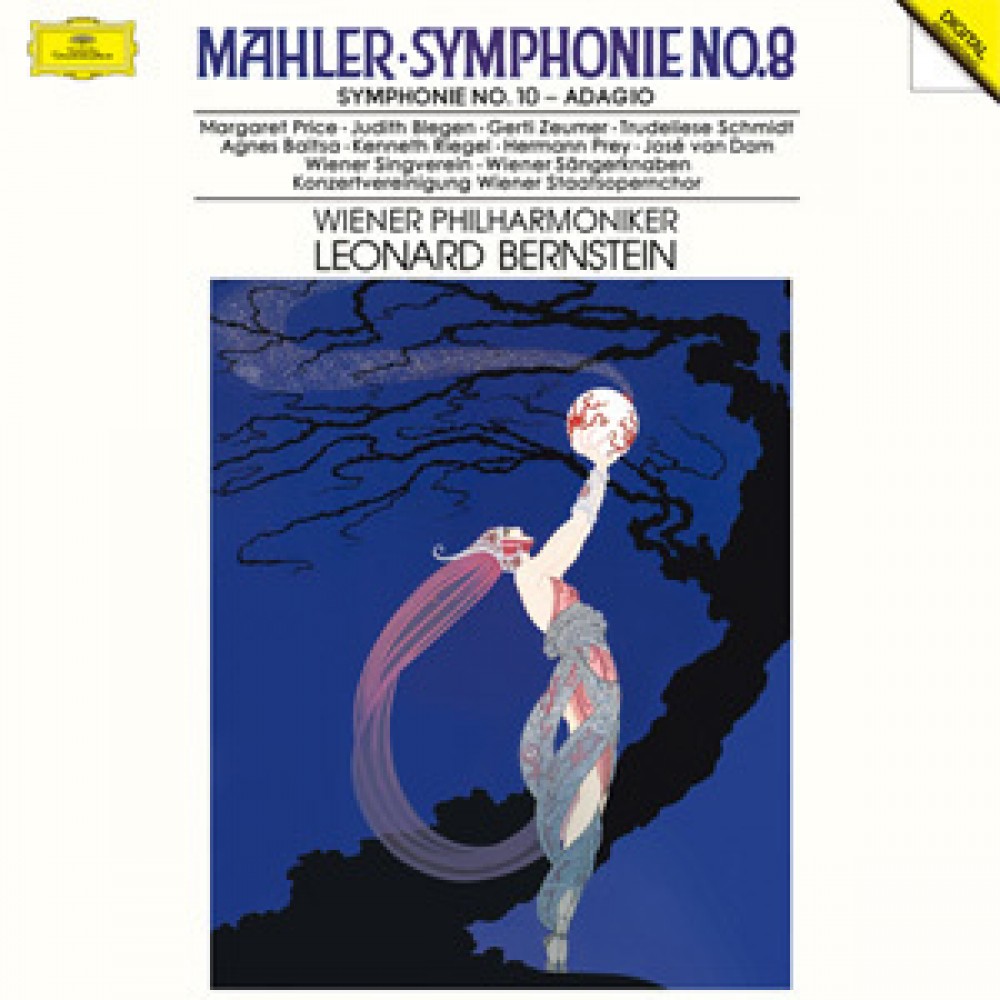
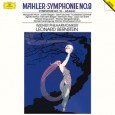



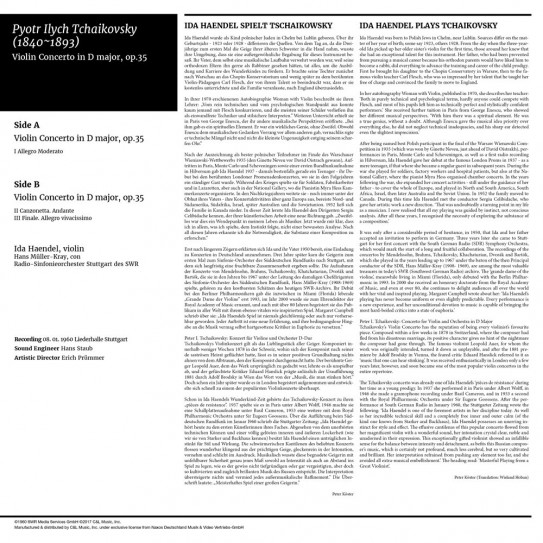
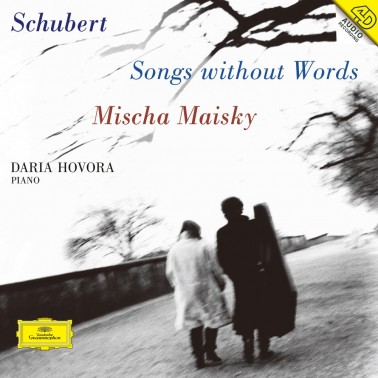
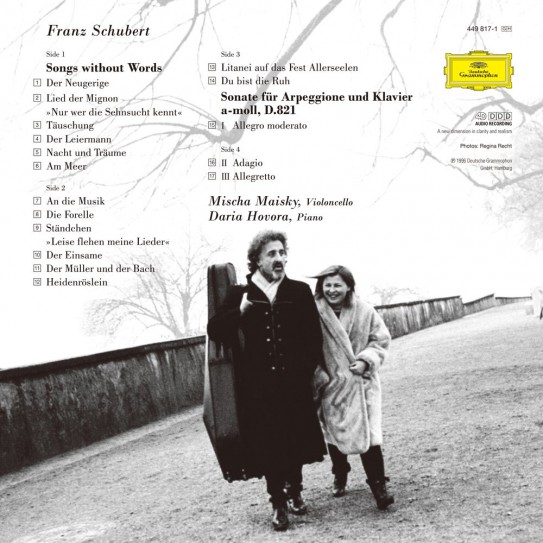
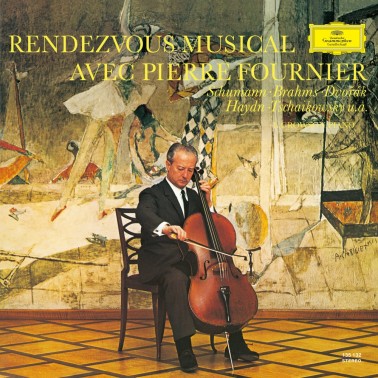
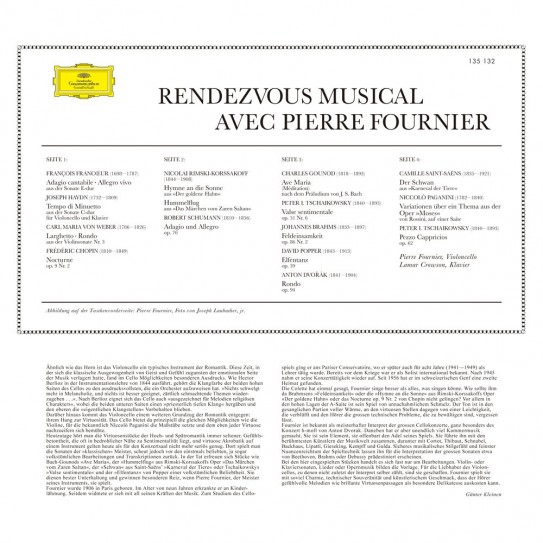
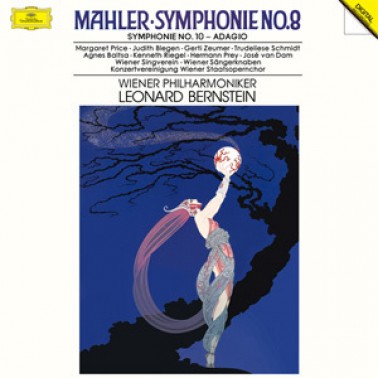
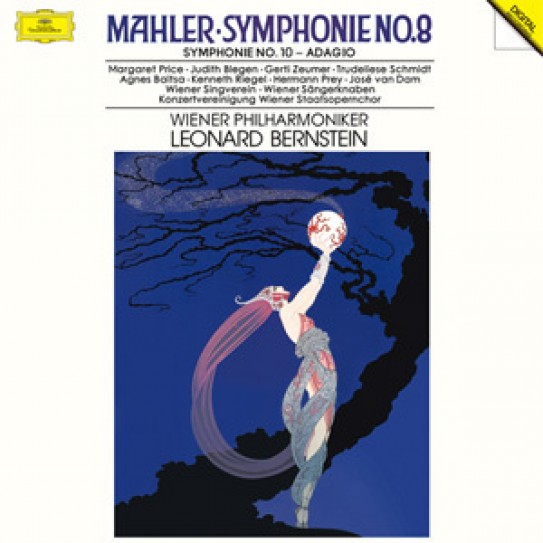
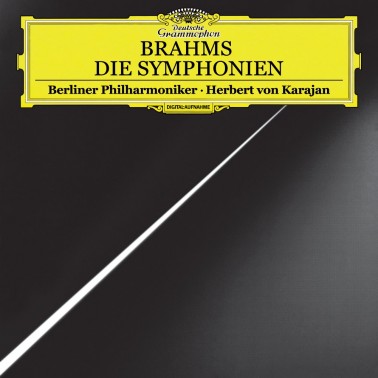
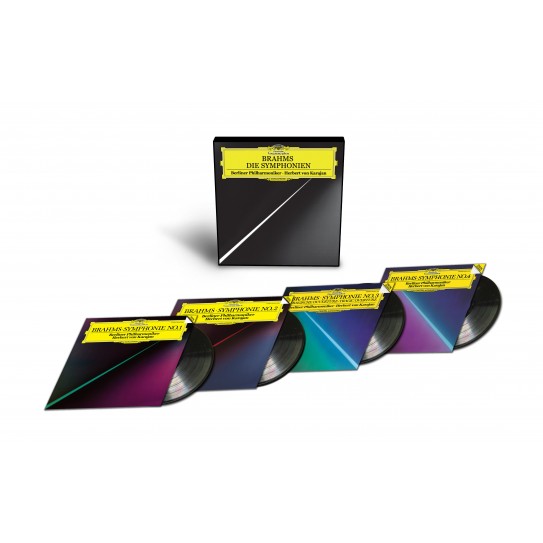

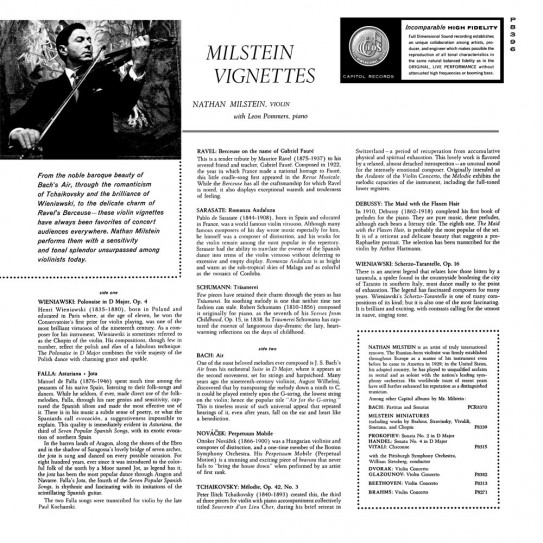

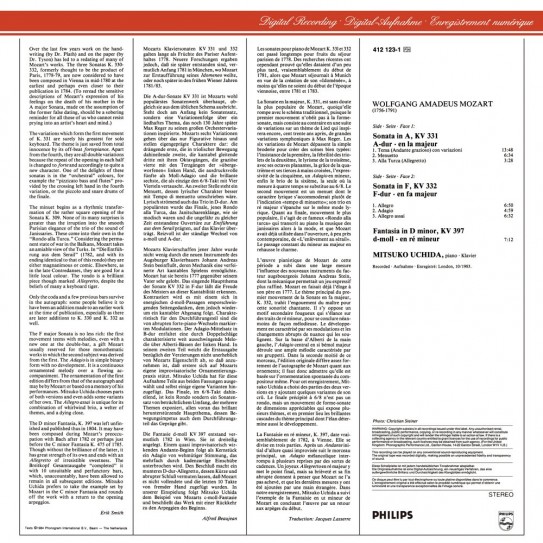


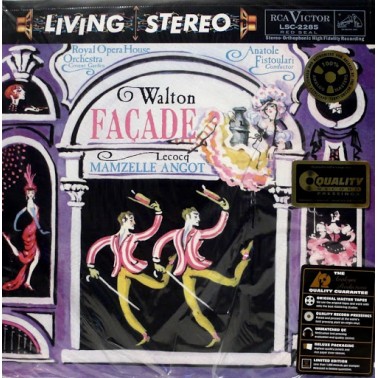
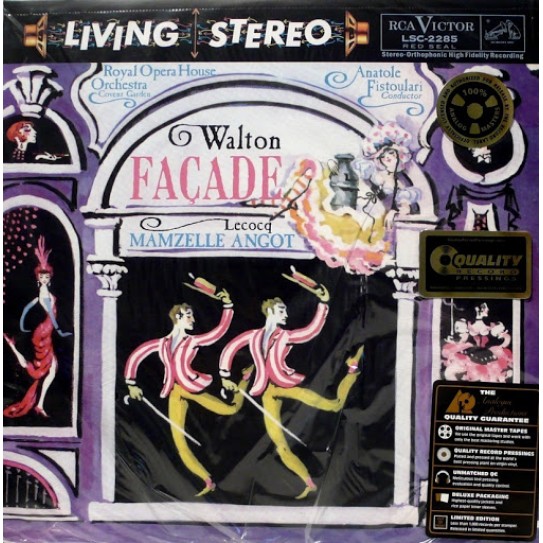
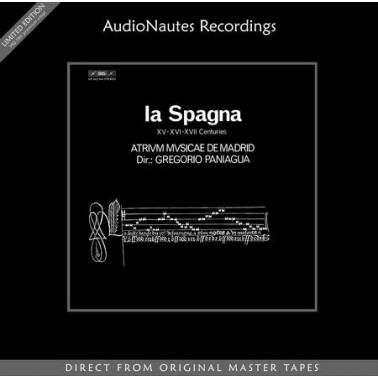
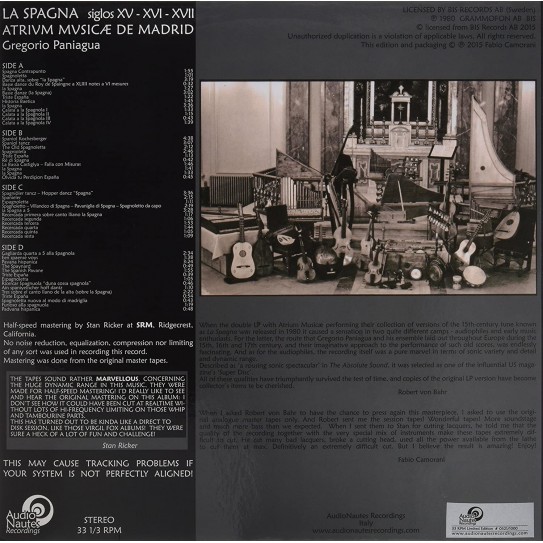
-378x378.jpg)
-543x543.jpg)
-378x378.jpg)
-543x543.jpg)
-378x378.jpg)
-543x543.jpg)
-378x378.jpg)
-543x543.jpg)
-378x378.jpg)
-543x543.jpg)
-378x378.jpg)
-543x543.jpg)
-378x378.jpg)
-543x543.jpg)
-378x378.jpg)
-543x543.jpg)
-378x378.jpg)
-543x543.jpg)
-378x378.jpg)
-543x543.jpg)
-378x378.jpg)
-543x543.jpg)
-378x378.jpg)
-543x543.jpg)
-378x378.jpg)
-543x543.jpg)
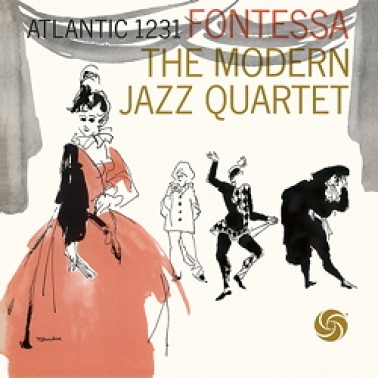
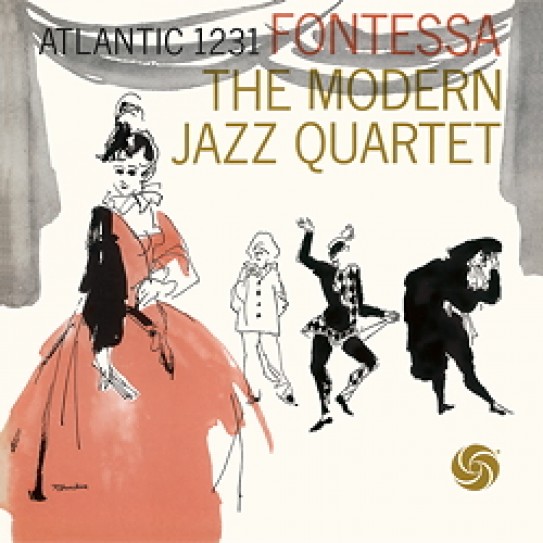
-378x378.jpg)
-543x543.jpg)
-378x378.jpg)
-543x543.jpg)
-378x378.jpg)
-543x543.jpg)
-378x378.jpg)
-543x543.jpg)
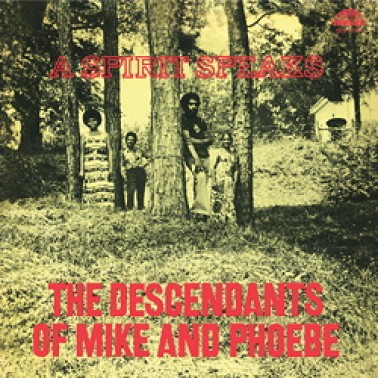
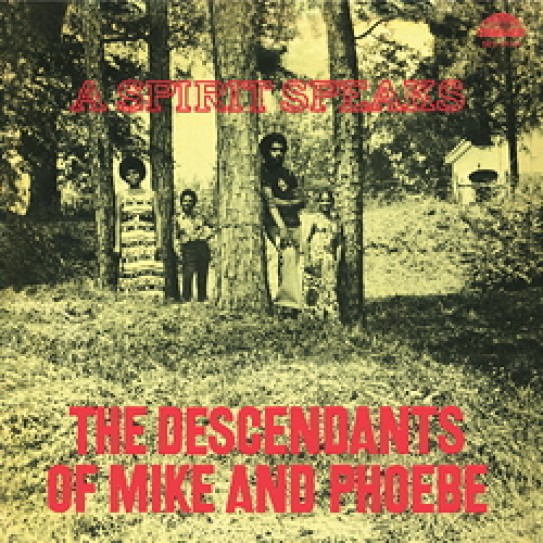
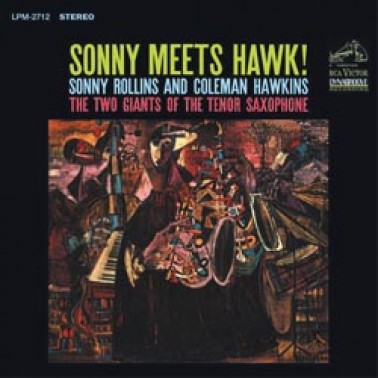
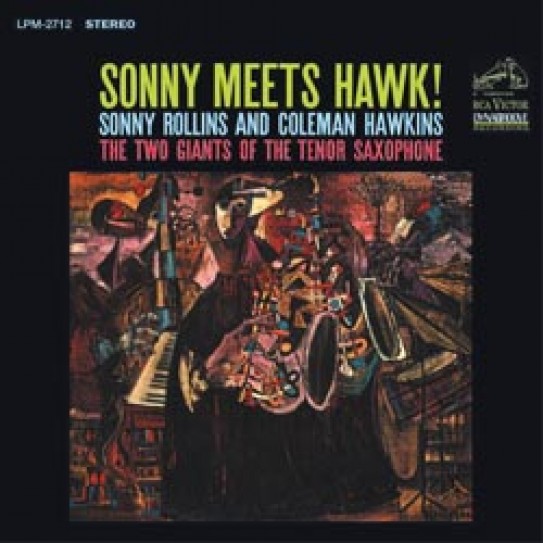
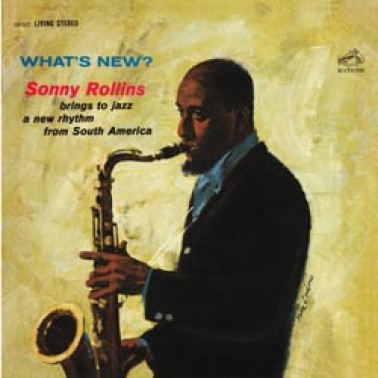
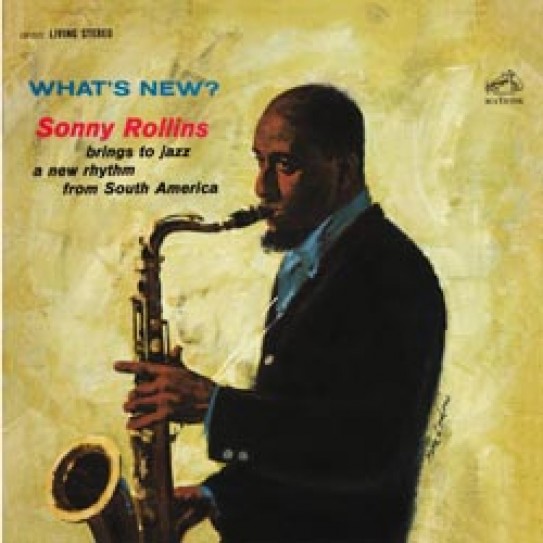
-378x378.jpg)
-543x543.jpg)
-378x378.jpg)
-543x543.jpg)
-378x378.jpg)
-543x543.jpg)
-378x378.jpg)
-543x543.jpg)


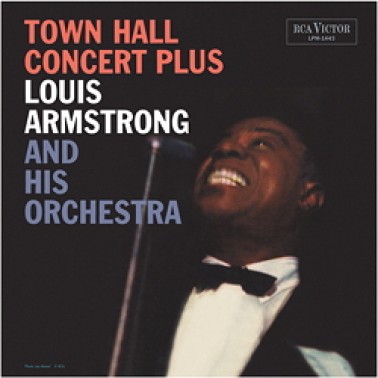
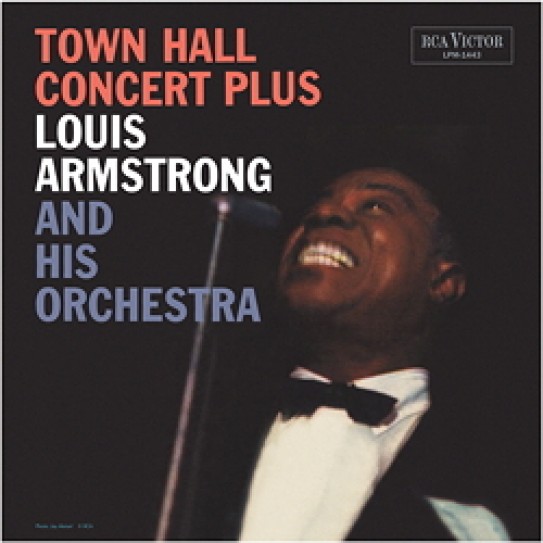
-378x378.jpg)
-543x543.jpg)
-378x378.jpg)
-543x543.jpg)
-378x378.jpg)
-543x543.jpg)
-378x378.jpg)
-543x543.jpg)
-378x378.jpg)
-543x543.jpg)


